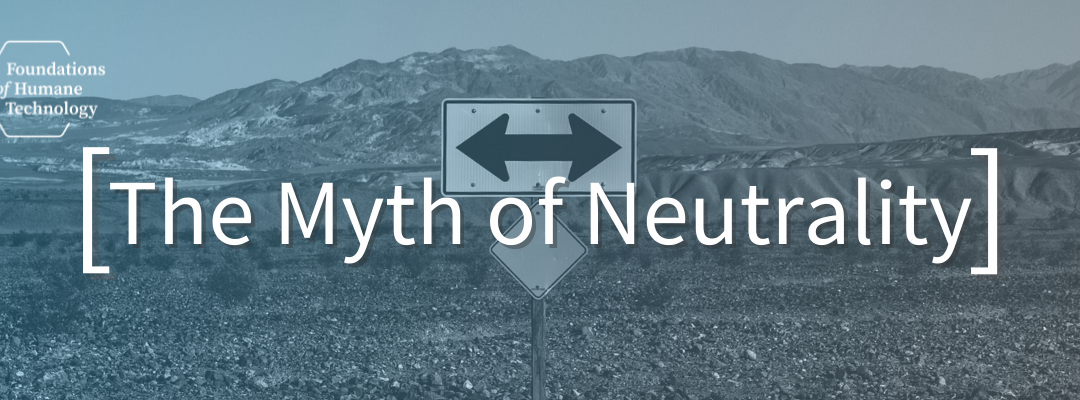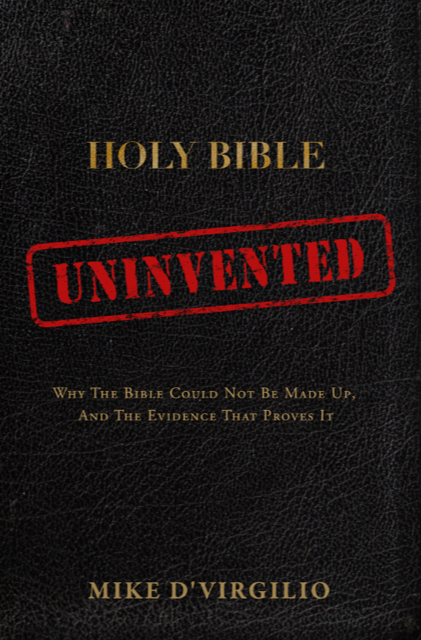
What Does Psalm 2 Really Tell Us?
In my previous post I argued that Christians tend to over spiritualize Psalm 2 by thinking it only describes a future spiritual reality when Christ returns in judgement. Evangelical Christians, of which I am one, tend to over spiritualize everything. Because of this tendency, I looked at Psalm 2 this way until only recently.
Since I became a Christian, I’ve believed that Christ is seated at the right hand of God the Father Almighty, ruling and reigning over the universe. That, however, tended to be an abstraction to me because of the horror show of so much history, not to mention current events. Psalm 2 as I saw it tells of a future time when the nations would become Christ’s inheritance. For now, it appeared that the world is the devil’s playground, and if most Christians are honest, they feel the devil is on offense and indeed winning. Shame on us for thinking such a thing.
We shouldn’t think this because it’s not biblical, whether we’re thinking about the past, present, or future. What I’m arguing is not my opinion, but the blatant text of Scripture. As I’ve come to this perspective on things I’ve come to realize the devil and his designs are getting crushed, slowly but surely, as he has been since Christ rose from the dead and was seated at the right hand of the Father Almighty. We see this reality prophesied by David in Psalm 2.
We’ll notice the Psalm doesn’t indicate David wrote it as do his other Psalms, but Peter in Acts 4 tells us he is the author. I encourage you to read this passage in Acts in light of the whole Psalm. Peter says what God, the “sovereign Lord” did with “his holy servant Jesus,” whom the Lord anointed (made king) “had decided beforehand should happen” according to God’s “power and will.” Do we really think God set all that up, made it all happen exactly like he wanted it to, only then when Christ rose and joined him on his throne to just be a spectator? To Let the devil win?
Of course not! You’ll yell at me. Look how Jesus is building his church, you’ll exclaim. His gospel is going forth to the ends of the earth. So, Jesus is indeed the conqueror. But, and here’s the rub: most Christians mean this regarding the salvation of individual souls, not the coming of God’s kingdom on earth as it is in heaven. This is the over spiritualizing tendency of most Christians I referred to, and how they view Christ’s sovereign reign and rule “far above all rule and authority, power and dominion, and every name that is invoked.” It’s all about the salvation of individual souls, while the world goes to hell in a handbasket.
Notice, however, the word “all” in Paul’s declaration of Christ’s sovereign rule, and he adds, “in the present age” as well in the one to come. That means now! Over presidents, kings, prime ministers, governors, mayors, city council members, legislators, unelected bureaucratic bodies, deep state security apparatus, militaries and their generals, corporations, schools, families, and anything else you can name. I’ve discovered when Paul uses the word “all” he generally means all. I know every Christian will say they agree with this, but that’s an abstraction to most of them, as it used to be with me. With all the evil done by “rulers” it sure seemed Christ wasn’t ruling, but that was me living by sight and not by faith. An example of this overspiritualizing is the church we go to.
The pastor and elders don’t see things quite like I do, and this often comes out in sermons. One Sunday, the pastor was talking about God reconciling sinners to himself, and he said something like, if we’re focused on “the culture wars” (a favorite bogeyman), and not salvation (as if they were mutually exclusive goals), “we’re just rearranging deck chairs on the Titanic.” So in this telling, culture (i.e., human beings living in community) is not only irrelevant to the Christian’s spiritual endeavor in God’s created reality, but no matter what we do, it’s a sinking ship! Unfortunately, that’s the default perspective for most Christians about in what appears to them as the “end times.”
We are indeed living in the “end times” since Christ rose from the dead and ascended to heaven to advance his kingdom on earth and build his church. Both are inevitable and cannot be defeated, as we see clearly in Psalm 2, the fulfillment of which we read about in our New Testament and see throughout history. Reading the Psalm it describes a present tense reality, as if the entire dynamic portrayed about the nations is happening at this very moment. The reign of the Lord’s anointed isn’t for some time in the future, but is now when “the nations rage,” when “the people’s plot in vain,” when “the rulers band together against the Lord and his anointed.”
The concept of anointing (mashiach in Hebrew, Messiah) was what the Lord did to appoint his chosen kings of Israel. The king was the anointed one, the Messiah of God. This man is chosen and consecrated, made sacred (holy in biblical terms, set apart) in a ceremony that includes the token applying of oil. He was now God’s regent leading his people, his representative to work his will among God’s people on earth. Saul was Israel’s first Messiah, but he failed, and was replaced by King David, a man after God’s own heart. Jesus then came in David’s line to bring God’s kingdom to earth, the ultimate fulfillment of which will come at the end of time when Christ returns and all of creation is reconciled to him in ultimate victory over sin, corruption, and death.
The question we’re confronted with is what is happening now between Christ’s ascension to the right hand of the Father, and his second coming and the consummation of all things. In my next post I’m going to look at Psalm 2 in light of Christ building his church.






Recent Comments